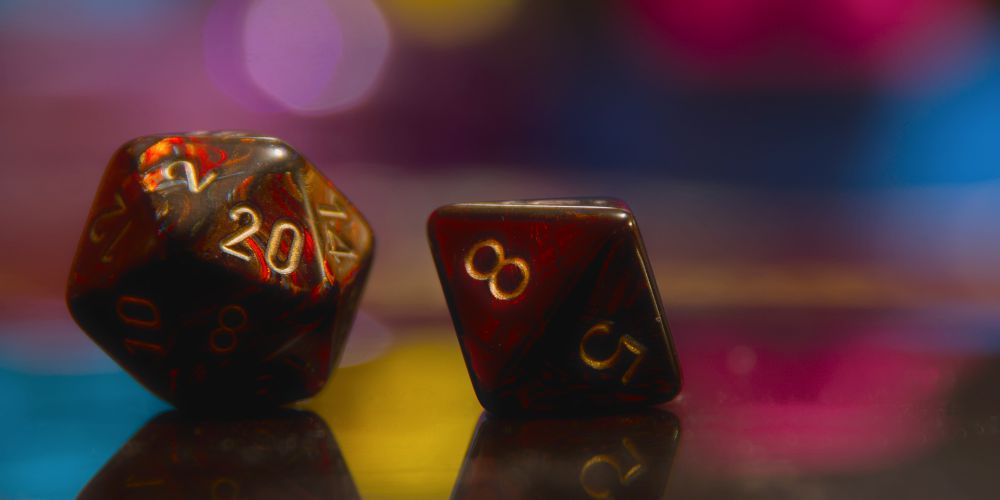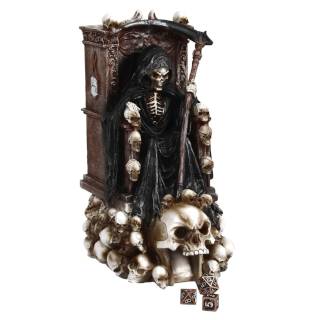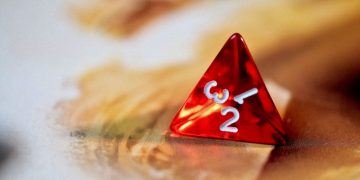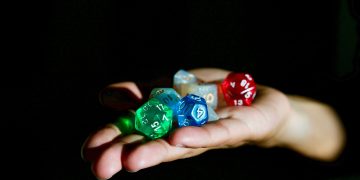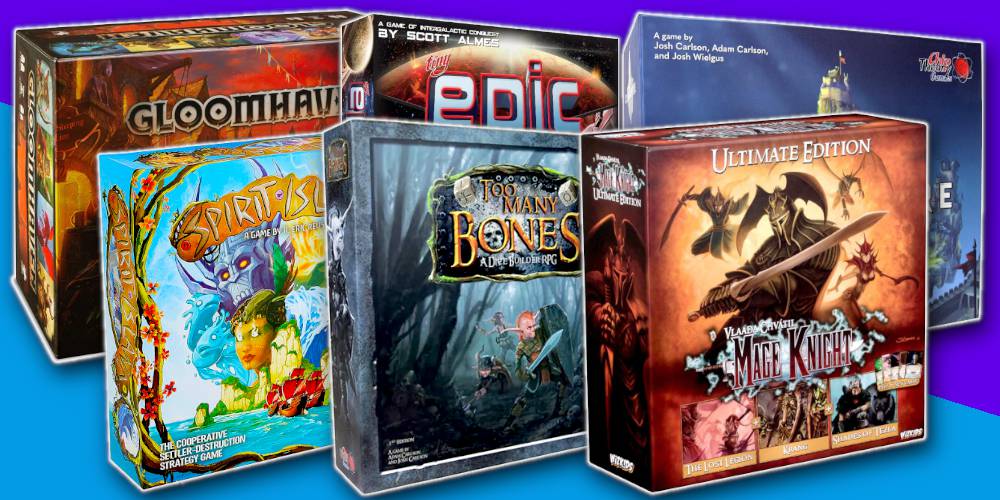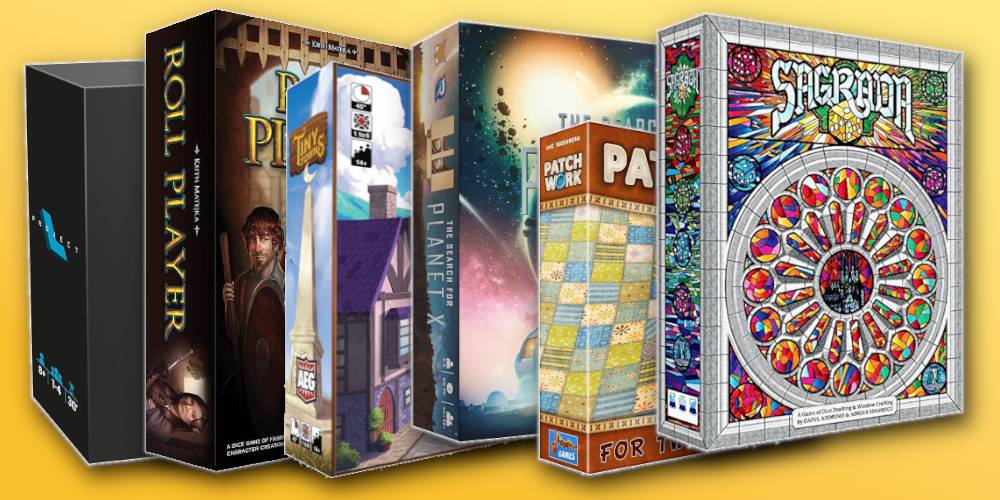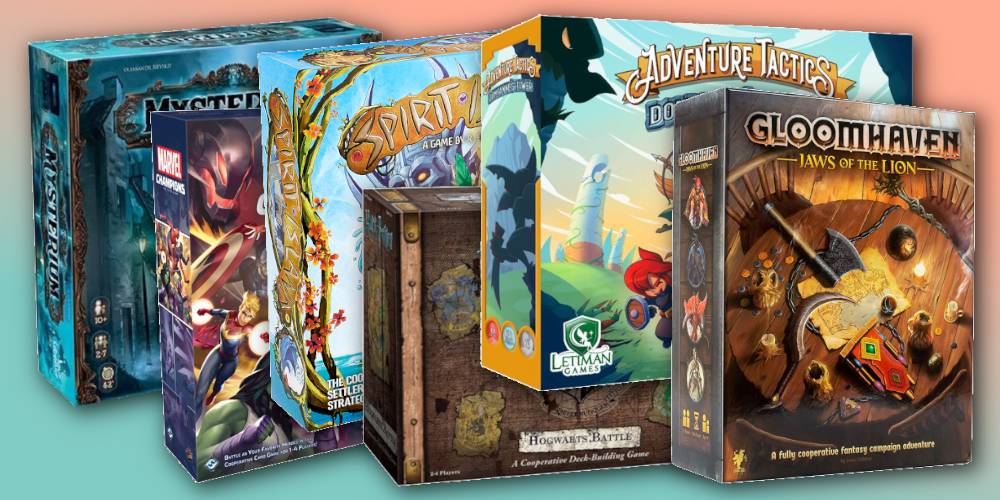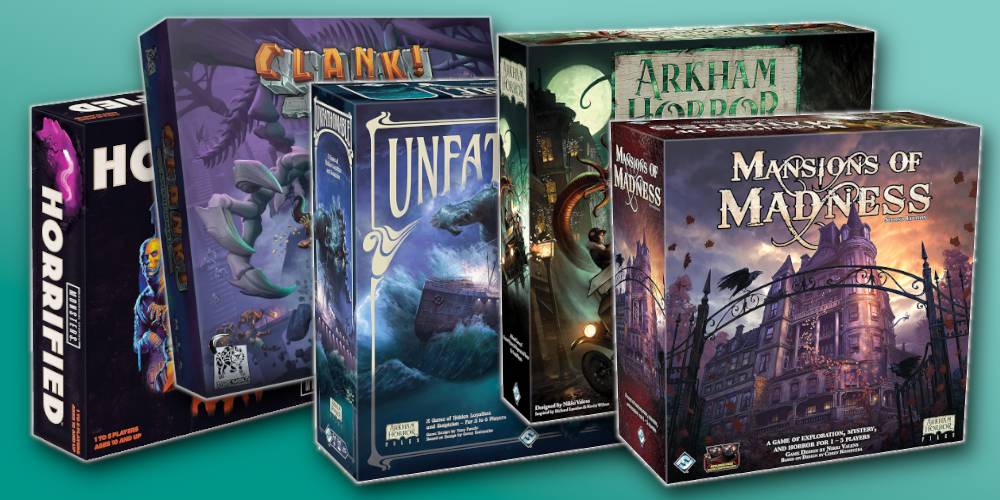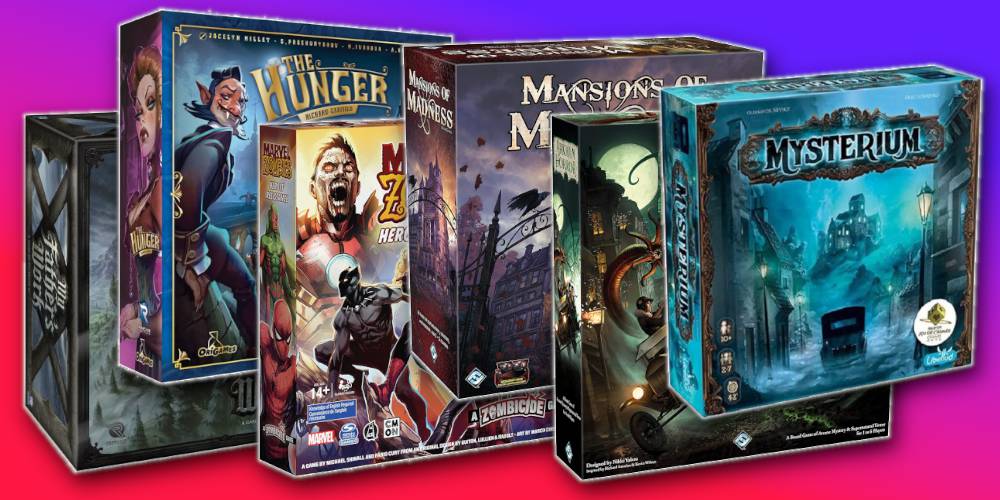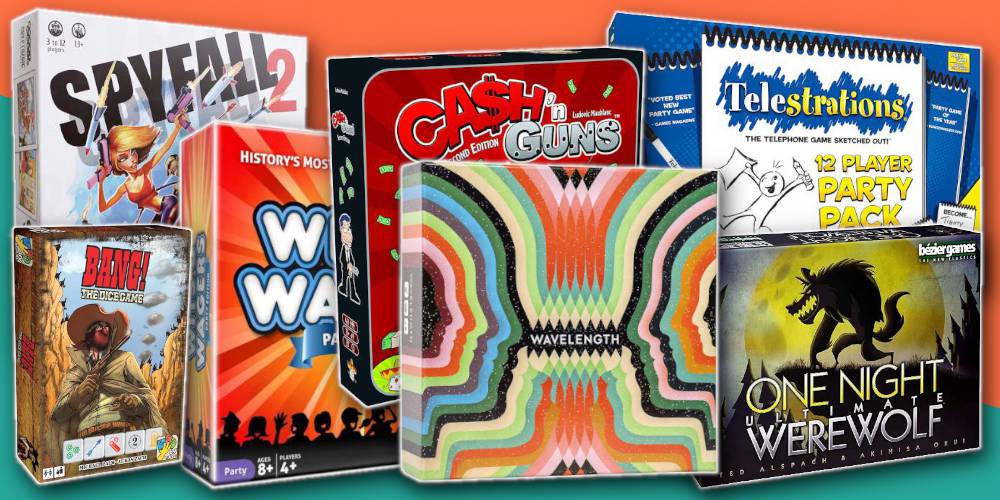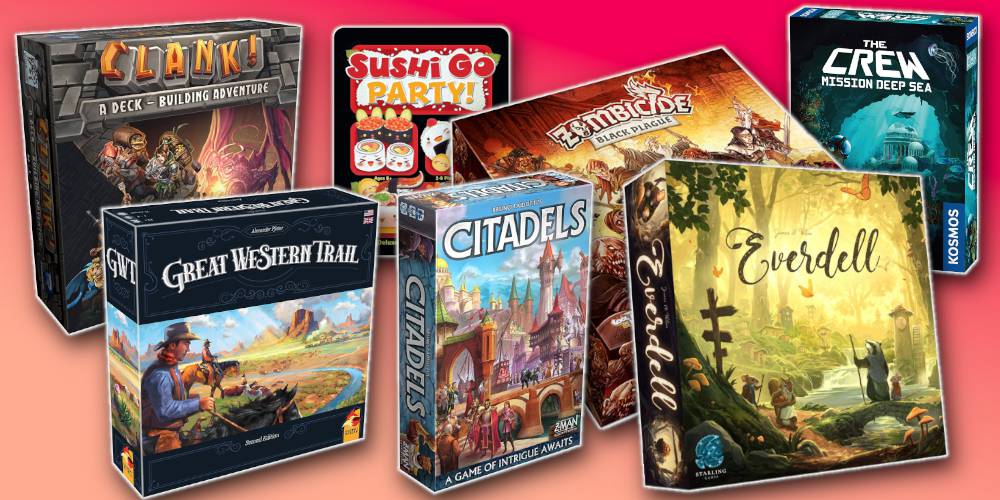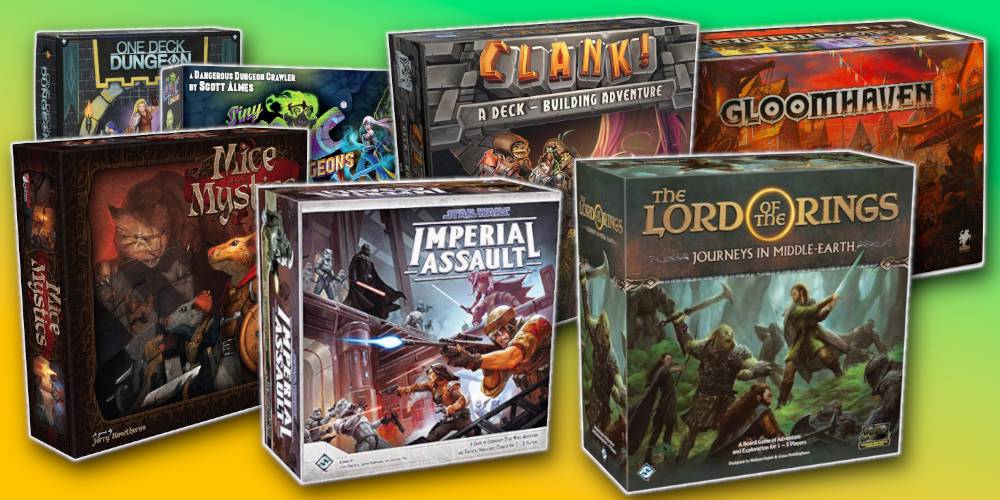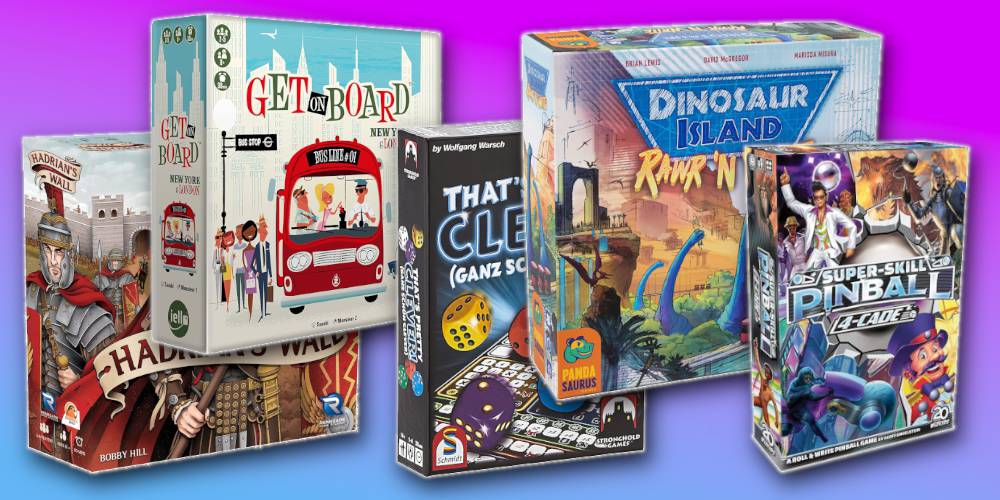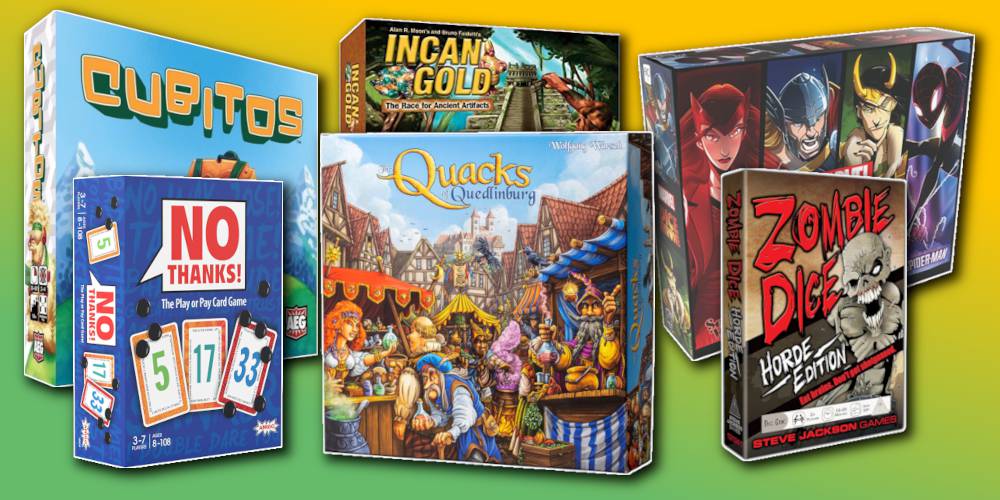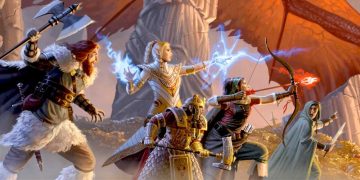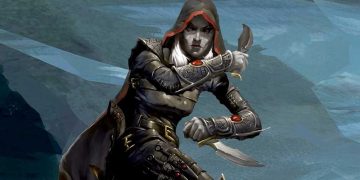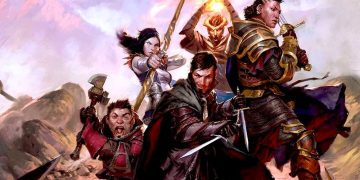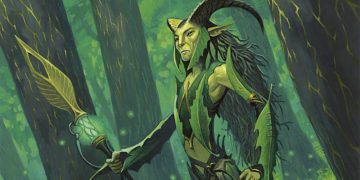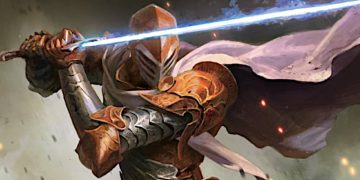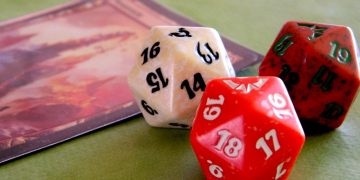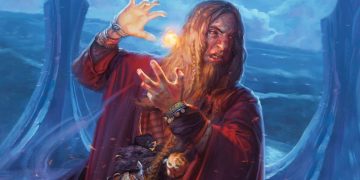1. Don’t Be Intimidated
This might be the most important tip for any new D&D players, but it might be the hardest one to actually follow.
There’s a lot going on inDungeons & Dragons. When you first sit down at the table, you’re going to see all these stats and abilities. You’ll hear about fictional people doing stuff and saying stuff. Monsters will come at you and react to you.
It can be overwhelming! But just relax.
Maybe watch some YouTube videos before you show up for the first game. Let the DM and other players know that you’re a beginner. D&D players are quite open to teaching newbies, but you need to let them know that you’re just starting out!
Related:The best YouTube channels for D&D players
2. Skim the Basic Rules
Wizards of the Coast actually has afree PDF you can downloadthat covers the basic rules of playing the game.
Before you go to your first session, I’d highly recommend at least skimming these rules before you show up to your first session.
You’d be amazed at how much easier it will be when you have a basic understanding of the rules, and that will take the edge off. Rather than going in blind and feeling lost, you’ll have the confidence to know how the game is played at least.
The DM and other players will definitely appreciate that you put in some effort as well. If you want, you can even buy theD&D Player’s Handbook, but you don’t need it to get started.
3. Pay Attention During Play
Dungeons & Dragonsis a game of imagination and improvisation. This means you need to pay attention to what’s happening.
It can be tempting to space out when the DM is describing a scene you find uninteresting, but you might miss an important detail that could be used to your advantage.
For example, the DM could be describing the room where there’s an extremely large monster that looks terrifying. They might say something like:
Rather than fighting the enemies head-on, you might be able to sneak behind them and knock over the giant statue, crushing them. But you’d only know that the statue was there if you were paying attention to the DM!
Related:Common newbie mistakes to avoid in D&D
4. Don’t Mess With Anyone Else’s Fun
Dungeons & Dragonsshouldn’t be a competitive game. You and your friends (or strangers) are collaborating on a story. As such, it’s generally frowned upon to mess with another player’s fun.
Can you technically attack your party members? Yes, the D&D rules don’t explicitly forbid it. But should you? It might be interesting for you, but it might sour the experience for them.
Related:What to know before your first D&D session
Does the game allow you to steal items from your party with the right roll of the dice? Sure. But doing so would be a jerk move that isn’t really in the spirit of D&D.
Of course, there are exceptions to this.
If you’re specifically playing in a campaign where evil actions are considered acceptable, then doing that is part of the fun. Or if everyone agrees to player-versus-player actions at the start of the campaign, you can take advantage of that.
The idea is to do what’s in the spirit of the game as outlined by the DM and the group with which you’re playing.
5. Don’t Be Too Slow
Dungeons & Dragonsis a turn-based game, which means there will be times when you aren’t doing anything as you wait for others to go through with their actions.
To keep things moving, try not to spend too long deciding what to do on your turn. It slows everything down for the rest of the group.
Related:What type of D&D player are you?
Think about what you want to do between turns. When your turn comes, act quickly and get the other players back in the game.
Of course, that doesn’t mean you can’t take time to strategize and play tactically. It just means that you should be considerate of other players and the fact that they’re waiting for their turns.
If you have a big decision to make, they’ll understand. Just don’t take five minutes on trivial or minor choices.
You’ll get a feel for the flow of your particular group as you play, but if you find other players are acting quickly, do the same.
Read next:What is “Theater of the Mind” in D&D?



![]()
